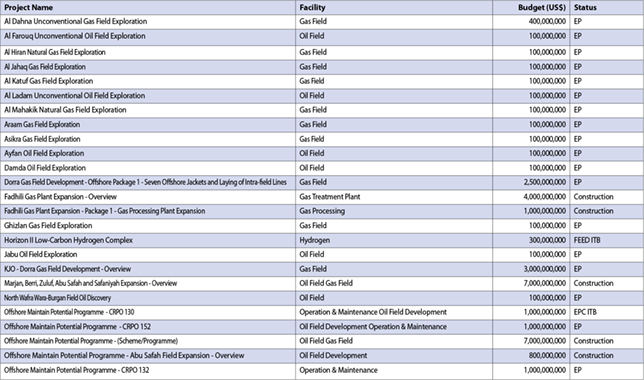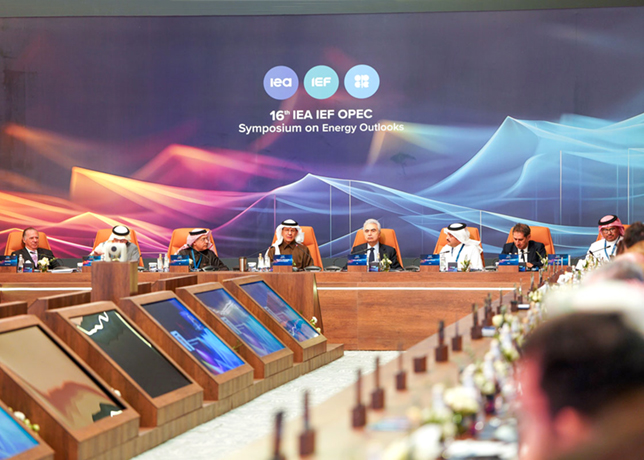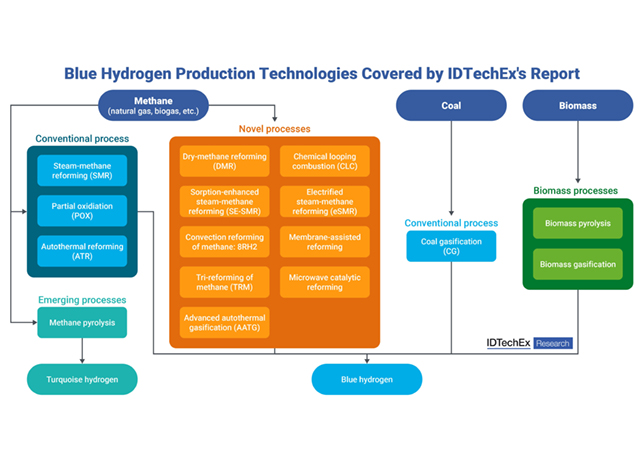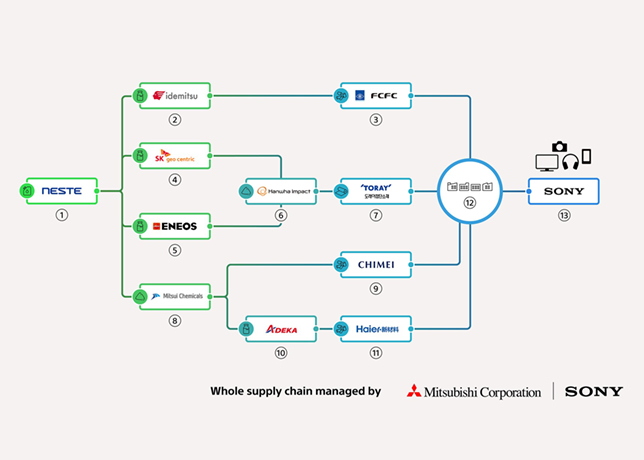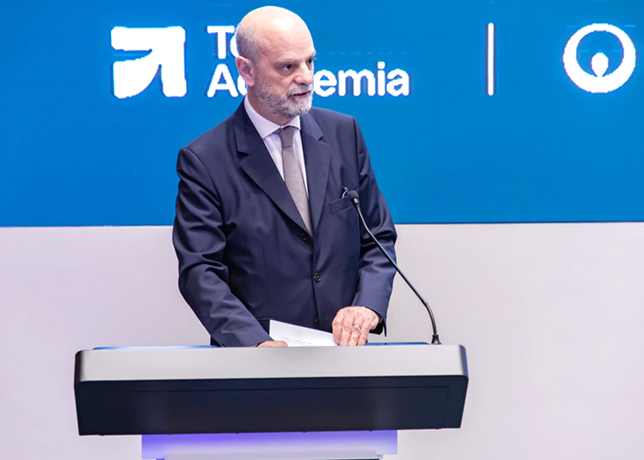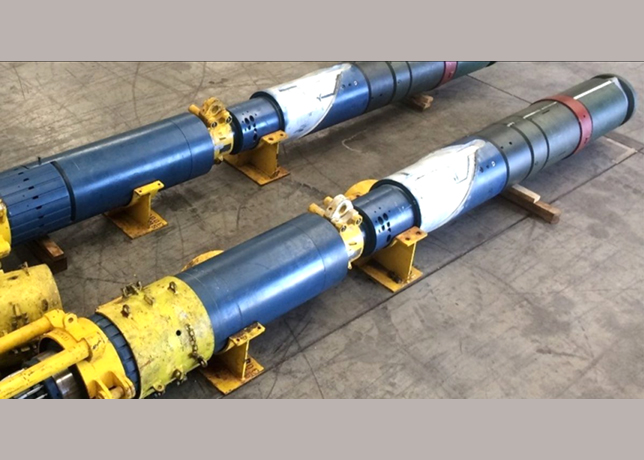
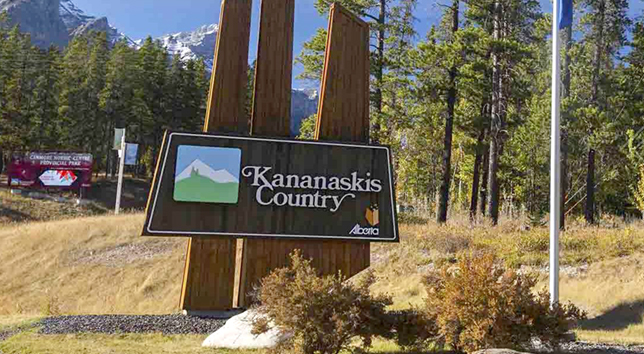 The Kananaskis Wildfire Charter commits to rapid, science-based wildfire responses
The Kananaskis Wildfire Charter commits to rapid, science-based wildfire responses
At the G7 leaders’ summit in Kananaskis, climate change received only a passing mention in the Chair’s summary, despite rising global concern, according to IISD.
A key outcome—the Kananaskis Wildfire Charter—addresses the increasing threat of wildfires, committing to science-based, locally informed responses that include rapid action, risk reduction, and nature-based solutions. However, the Charter fails to address the core driver of worsening wildfires: climate change. Reducing greenhouse gas emissions is essential to mitigating the rising temperatures, droughts, and erratic rainfall that are intensifying wildfire risks.
"The G7 sidestepped climate change in the leaders’ statements," said Patricia Fuller, IISD President and CEO, "despite acknowledging increased wildfires. Previous G7 commitments to act on climate change remain on the books and must be delivered. We will look to meetings of the G7 energy and environment minister under the Canadian Presidency to continue this work."
On a more positive note, the G7 adopted a Critical Minerals Action Plan that emphasises the need for secure, diversified, and sustainable supply chains to support the clean energy transition.
The plan calls for a roadmap by year-end to guide standards-based markets for critical minerals. It also highlights opportunities to partner with developing countries to create local value, tackle gender-based violence, and improve artisanal mining practices. G7 members committed to supporting the Intergovernmental Forum on Mining, Minerals, Metals and Sustainable Development (IGF), hosted by IISD, which provides best practice guidance to 86 member states.
Finally, the G7 recognised the debt burdens faced by developing nations but offered few concrete actions beyond short-term liquidity support.



